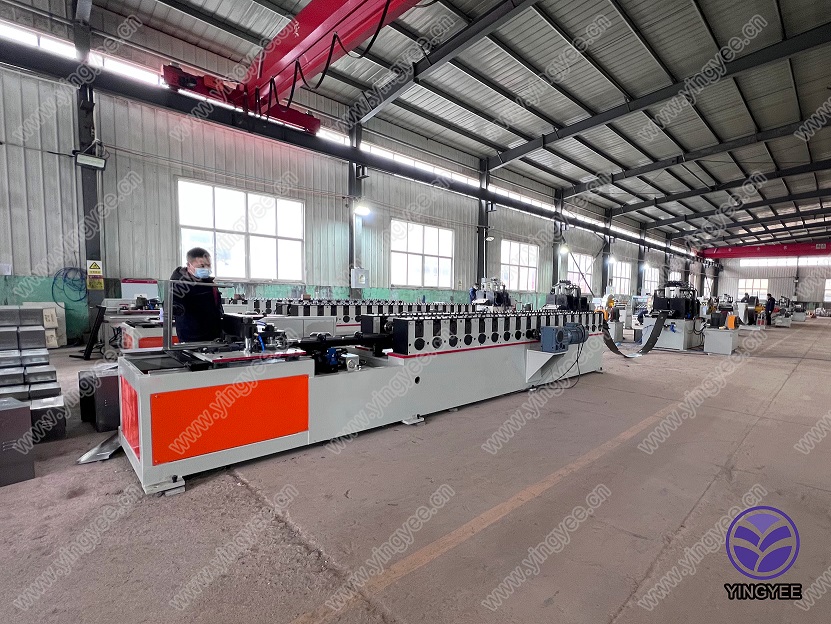
The Evolution and Importance of Tile Making Machines
Tile making machines have become essential in the construction and design world, revolutionizing how tiles are produced and assembled. As the demand for innovative building materials has grown, these machines have evolved to meet the challenges posed by modern architecture and construction techniques. This article delves into the significance, types, and advancements of tile making machines.
The Significance of Tile Making Machines
Tiles are pivotal in both residential and commercial properties. They offer durability, aesthetic appeal, and ease of maintenance, making them a popular choice for flooring, walls, and various surfaces. The use of tile making machines allows for mass production of high-quality tiles, ensuring consistency and precision in size, shape, and finish. This process not only speeds up production time but also reduces labor costs, enabling manufacturers to meet the increasing demands of the growing construction industry.
Types of Tile Making Machines
There are various types of tile making machines, each designed to cater to different tile specifications and materials
. Some of the most common types include1. Ceramic Tile Making Machines These machines specifically cater to the production of ceramic tiles, utilizing processes like pressing, drying, and firing. They are equipped with advanced technology to control temperature and humidity, ensuring optimal conditions for tile formation.
2. Porcelain Tile Making Machines Similar to ceramic tile machines but specifically designed to handle the unique properties of porcelain clay, these machines allow for finer details and higher density tiles that are suitable for more demanding applications.

3. Hydraulic Tile Making Machines These are primarily used for making cement-based tiles. They employ hydraulic pressure to mold tiles, producing robust and thick tiles suitable for outdoor and heavy-duty use.
4. Digital Printing Machines With advancements in technology, digital printing machines allow for the application of intricate designs and patterns directly onto the tiles. This capability has opened up new avenues for custom tile designs, catering to individual client needs.
Technological Advancements
Recent advancements in tile making machinery have focused on automation and digital integration. Automation reduces human error, increases efficiency, and significantly boosts production speed. Modern machines are often equipped with computer numerical control (CNC) systems that ensure precise cutting and shaping, leading to a high-quality end product.
Additionally, the integration of eco-friendly technologies has gained traction. Many manufacturers are now adopting practices that minimize waste and reduce energy consumption during the tile production process. The use of recycled materials in tile manufacturing is also becoming more prevalent, aligning with environmentally sustainable practices.
The Future of Tile Making Machines
The future of tile making machines seems promising, with ongoing innovations aimed at further enhancing quality, efficiency, and sustainability. Research into new materials and techniques is likely to expand the possibilities of what can be achieved with tiles. Moreover, as the global market continues to embrace customization and personalization, tile making machines will further adapt to meet these trends.
In conclusion, tile making machines play a crucial role in the construction and design industries. Their ability to produce high-quality, aesthetically pleasing tiles quickly and efficiently cannot be overstated. As technology continues to advance, these machines will only become more integral to meeting the evolving needs of builders, designers, and homeowners worldwide. The future of tile production is bright, and tile making machines are at the forefront of this exciting evolution.